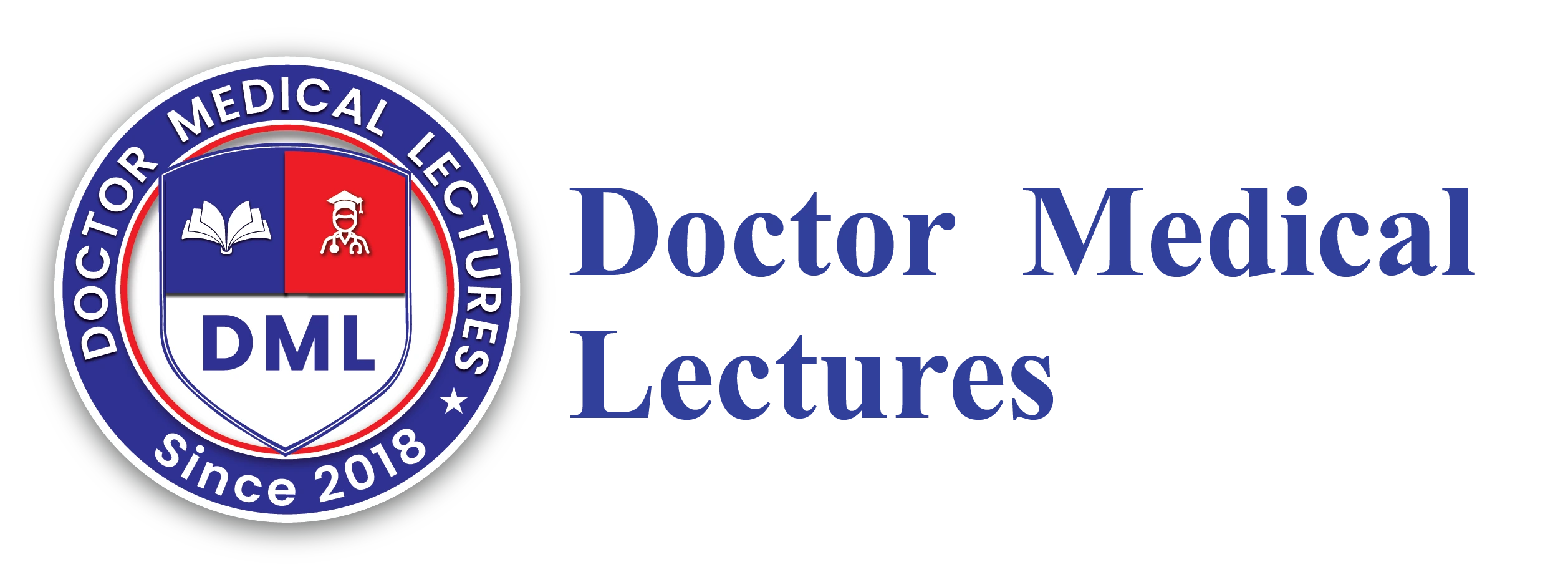Introduction
The National Registration Examination (NRE) Stage 2 is an essential examination for medical students who are seeking licenses in Pakistan. The exam is administered by the Pakistan Medical and Dental Council (PMDC) This test is focused on clinical abilities.

International students must understand the specific structure and content of the exam to ensure they are prepared and succeed in practicing in the country.
The examiners intend the test to assess whether the candidate demonstrates hands on competence, decision-making ability, and ethical behavior needed to ensure safe and efficient patient care. This isn’t just an academic test, but rather it is a real world test of capabilities in medicine. In evaluating core skills in clinical settings NRE step 2 makes sure that only competent and highly trained specialists are able to join the Pakistani healthcare workforce.
Conditions for Eligibility, Registration and Criteria
Only candidates who have passed NRE Step 1 can appear at Step 2. This applies to Pakistani citizens who been admitted to medical schools in foreign countries that are recognized by PMDC. When Step 1 results have been announced, PMDC opens registration for Step 2 via its official website Candidates must upload the all required documentation, pay the fee for their examination, and wait for their roll number slip and exam timetable.
The significance of Foreign Medical Doctors
Foreign graduates must pass NRE Step 2 acts as the final authorization to perform clinical work for clinical work in Pakistan. Students who studied abroad may not know the health system in Pakistan. Therefore, this test provides an established method to verify that they are in line with the local clinical standards, patient expectations and ethical standards.
2. OSCE Based Exam Format
NRE Step 2 follows the Objective Structured Clinical Examination (OSCE) form, with the use of 12-20 timed clinical stations.Each station assesses a specific skill or scenario, and candidates typically get 5 to 10 minutes to complete the task. Once the time ends, the applicant must move on to the next station, regardless of whether they have completed the task. The examiners strictly enforce and continuously monitor this sequence to replicate the real pace of hospital settings.
Stations, Types, and Examination Methods
Every OSCE station has its own unique problem. For example, the candidates may be confronted with a standardized patient who requires taking a medical history; alternatively, they might work with a model for procedure demonstrations or interpret charts, x-rays, or other images. The stations were designed to evaluate not just technically accurate, but also the professionalism of conduct, style of communication and the ability to make clinical decisions under pressure. PMDC examiners employ scoring rubrics to evaluate performances on a variety of criteria, like completeness, accuracy communication skills, interpersonal, as well as the safety of patients.
Assessment of Clinical Skill through Simulation
The OSCE system was specifically designed to simulate real hospital conditions. For instance, participants may be asked to carry out CPR, introduce an IV line, talk to a patient with depression, or interpret an ECG. Moreover, the examiners intend to test whether candidates can act quickly, safely, confidently, and responsibly. In addition, they assess how well candidates manage multiple tasks under pressure. Therefore, the exam closely mirrors actual clinical practice to ensure readiness. Ultimately, this approach helps identify candidates who are fully prepared for real-world medical challenges. Simulation ensures that examiners eliminate applicants who have only theoretical knowledge but lack hands-on experience at this stage.
3. The detailed Clinical Syllabus for NRE Step 2.
The topics covered by the course are Internal Medicine, Surgery, Pediatrics, Obstetrics & Gynecology, Psychiatry, and Ethics. For Internal Medicine, candidates are likely to deal with cases of hypertension or breathing distress as well as endocrine crisis as well as common infections. The Surgery part involves abdominal injuries, evaluations of hernias as well as post-operative complications management and handling surgical instruments.
Pediatric as well as Women’s Health components
In Pediatrics the scenarios could include evaluation of the neonatal state, malnutrition frequent infections and an the emergency intervention for infants. Candidates need to demonstrate knowledge about infant development and immunization procedures. In the field of Obstetrics and Gynecology, the clinics focus on prenatal screenings and safe management of delivery, postpartum health, and treating the most common issues like pelvic pain or vaginal bleeding. They require confidence in the clinical as well as respect for culture and sensitive abilities to communicate.

Communication, Psychiatry and Ethical Judgement
The NRE Step 2 also places considerable importance on Medical and Psychiatry Ethics. Examiners assess candidates for their ability to identify depression, anxiety, and psychotic cases. Communication centers are responsible for handling emotional patients, providing difficult diagnoses or counseling relatives. The ethical issues could be as simple as obtaining an informed consent and maintaining privacy, or avoiding any the needless intervention. These scenarios test judgement professionalism, professionalism. As well as cultural understanding, which are all crucial for the safety of healthcare facilities in Pakistan.
4. Common Problems faced by Candidates
One of the biggest problems faced by foreign medical students is the absence of proficiency in Urdu as well as other languages spoken locally. As many stations for patient interaction need culturally appropriate and emotionally sensitive communications. Those who are solely dependent on English frequently fail to communicate with standard patient. This disconnect can lead to lower scores, even when the the answers to clinical questions are right.
Not familiar to Pakistani Clinical Environment
Foreign trained physicians often have to contend with the limitations of practice and demands that are specific to Pakistan. Instructors generally recommend resources such as Toronto Notes, the Oxford Handbook of Clinical Medicine, and online OSCE scenario banks. People who have no experience in the management of diseases such as tuberculosis the hepatitis virus, or maternal anemia could be in a disadvantage during the case based station.
The pressure of performance and time management
The pressure filled environment that is prevalent at OSCE stations makes it difficult to pause or make corrections. A lot of candidates spend time thinking about an issue or forgetting crucial elements of a process because of panic or lack of experience. A lack of time management skills and the inability to clearly articulate their thoughts under pressure is among the leading causes of failure in NRE 2.
5. Strategie for Preparation and Success
Achieving success in NRE Step 2 depends heavily on the preparation that is hands on. Candidates must participate in clinic rotations at Pakistani hospitals. Which allows them to watch patient care, understand how to practice local medicine and develop confidence in fundamental techniques. The skills of performing vitals checks, reading laboratory results or delivering urgent interventions should be practiced often in real environments.
Selecting the Best Methods and Materials for Study Materials and Academies
There are specially designed academies located in Pakistan offering specialized NRE Step 2 coaching. They reproduce OSCE stations, and offer simulated exercises. Instructors generally recommend resources such as Toronto Notes, the Oxford Handbook of Clinical Medicine, and online OSCE scenario banks. Candidates need to focus on real world demonstrations as well as structured formats for every task in the clinical setting.
Improved communication and ethical reasoning
Training should also incorporate an extensive education in communication between doctors and patients. The candidates should play role plays in rehearsal with mentors or friends that allow them to explain the procedure or break bad news or conduct psychiatric interview in Urdu as well as English. Being aware of the guidelines for ethics in PMDC and following the guidelines in a manner. That is culturally acceptable is crucial to perform well at the soft skills stations.
Conclusion
NRE Step 2 is not just an academic obstacle but a highly specific, skill based test which helps to determine a doctor’s capability to contribute to the rapidly evolving healthcare system of Pakistan. Knowing the exam’s OSCE layout and syllabus for clinicals helps candidates prepare effectively and avoid common errors. Through a commitment to the hands on learning, ethical knowledge, and clear communication Candidates can increase their odds of success. Achieving this test does not just validate a student’s expertise. However it also opens up the possibility to an enlightened and ethical job in the medical field in Pakistan.
Frequently Asked Questions
Question 1. What is the NRE Step 2.
A step in the NRE exam 2 is a practical exam that evaluates the medical expertise of medical students from abroad. They are able to safely and efficiently handle patients within Pakistani medical settings.
Question 2. Who can be eligible to apply for NRE 2?
Only those who have successfully completed NRE step 1 and have an MBBS degree from a recognized foreign institution by PMDC may appear in Step 2.
Question 3. What does the format look like for this exam? NRE Step 2 test?
It is an OSCE featuring multiple stations that allow candidates to demonstrate their clinical skills in communication, decision making, and communications under the supervision of a supervisor.
Question 4. Do I have to use Urdu in the course of my exam?
Examiners often test Urdu or local language communication, as most patient interactions require conversations in the local language.
Question 5. What can I do to best prepare myself for NRE 2?
Train in the hospital setting Attend simulation OSCE classes, learn books and guides for practical use, and develop communications skills in Urdu as well as English.
Question 6. What are the most common issues the candidates have to face?
Controlling time between stations, adjusting to Pakistan’s medical practices and getting over language barriers can be a challenge.
Question 7. What happens following the passing of NRE Step 2?
Once they have passed, applicants are eligible to submit an application for PMDC certification. They can legally be able to practice medicine after passing the exam in Pakistan.
